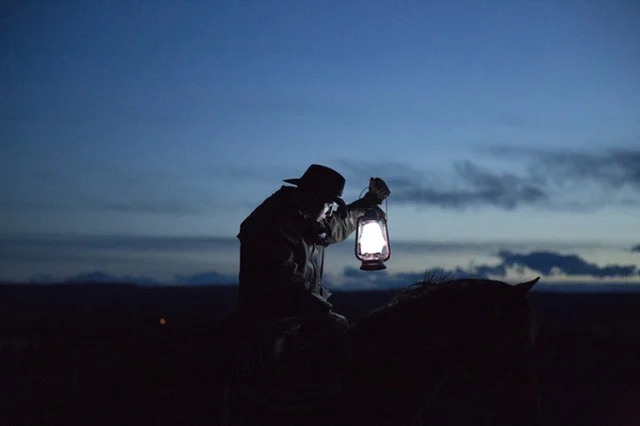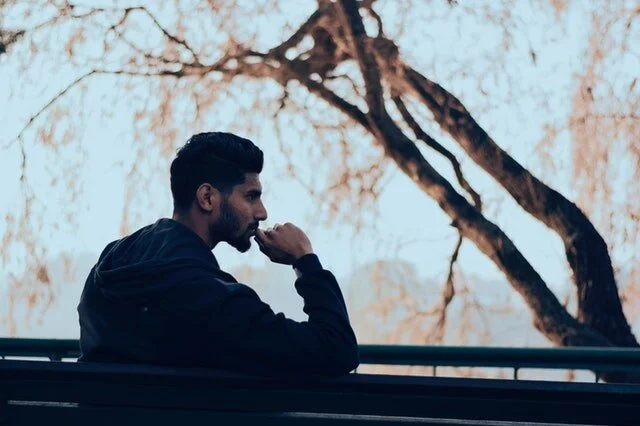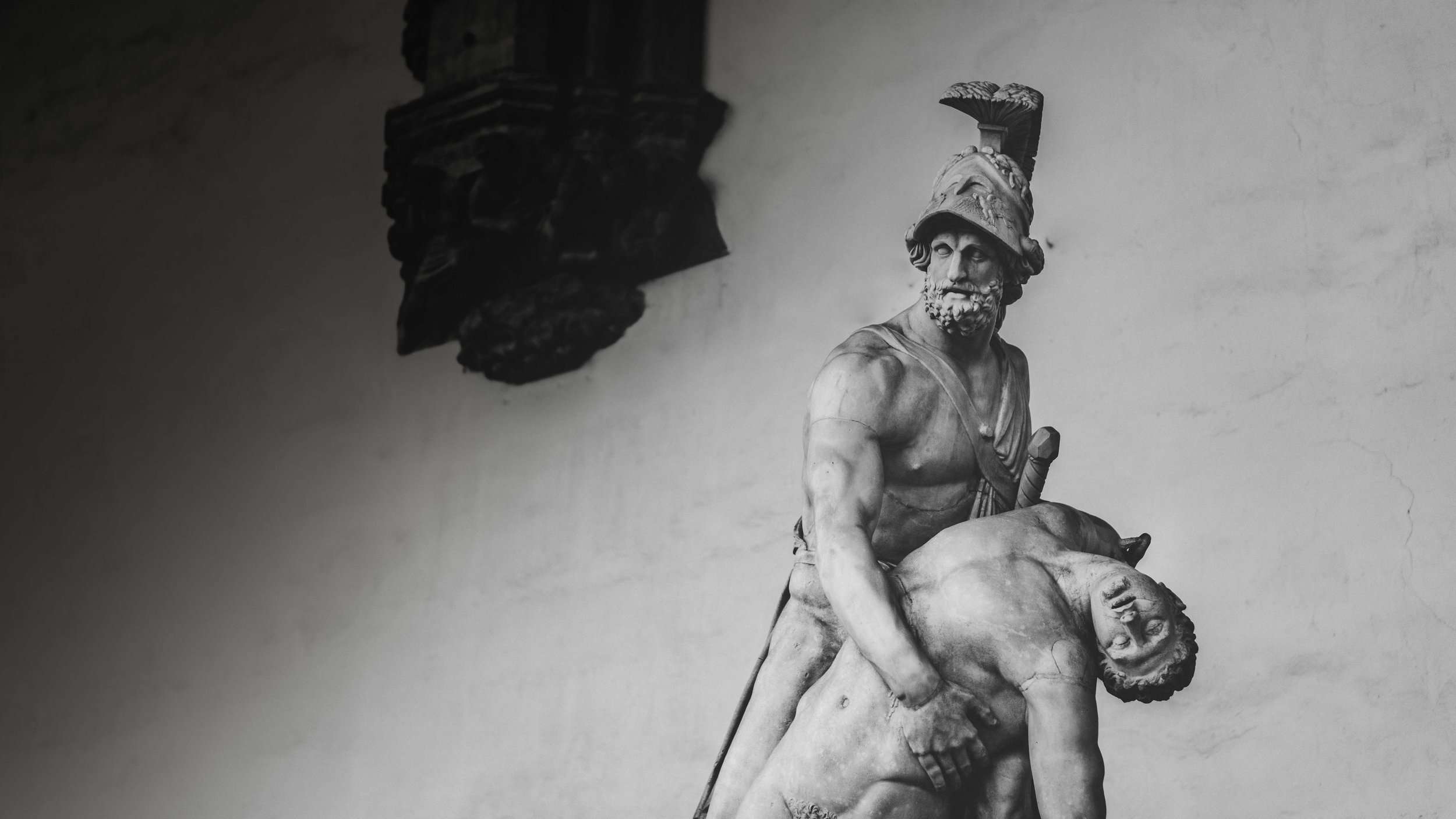“The man who practices unselfishness, who is genuinely interested in the welfare of others, who feels it a privilege to have the power to do a fellow creature a kindness – even though polished manners and a gracious presence may be absent – will be elevating influence wherever he goes” - Orison Swett Marden
There is no denying that the idea of 'being a man' has taken something of a hit in the modern era. It seems to be an over-riding misconception that 'being a man' is wrong or short-sighted; that it doesn't capture virtue; that attempting to fit the modern stereotype of manhood demonstrates little more than aesthetic muscular prowess, displays of brute strength, seeking personal power for selfish reason, the harboring of uncontrollable sexual urges and, quite frankly, a demeanor built upon purely asinine foundations. But whilst the condemnation of those traits (and those qualities indeed exist among areas of the male population) has a positive role in society, to associate them so strongly with the idea of 'being a man' has its drawbacks. To me, if a person does indeed allow their life to revolve around the purely aesthetic, the tendency to physically challenge others, the quest for self-serving power and the inability to control impulsive urges as a means of self-fulfillment, that person is not displaying fundamentally masculine traits. They are displaying fundamentally ignorant ones.
Therein lies room for the current cultural misconceptions. There is a social tendency, these days, to take the traits of ignorance and make them synonymous with what is expected of masculinity. In turn, the act of being a man is, in itself, seen as a negative. In reality, however, the only negative is ignorance, but masculinity has absorbed a chunk of the blame for it by proxy, in turn creating a cultural facade through which the very concept of being a man loses a sense of virtue, and is actively discouraged. The objective positivities that manhood can foster are all-too-readily overlooked by subjective misinterpretation, and the very notion of being a man loses its objective meaning, only to be poorly substituted by connotations worthy of contempt. In tackling its facade, society has inadvertently debased the virtues of masculinity whilst allowing ignorance, the fundamental culprit regarding negative or asinine personal traits, to get away scot-free.
So what IS being a man? If it is not ignorance incarnate, what does the embodiment of being a man have to offer?
In the modern world, it is a touchy question to answer, but one which I believe must be replied to if society is to get itself back on track. To say such a thing that society is not on the right path, and is a harsh claim to make, granted, but one only need to look around at the wider world to realize that there are things that are culturally fractured. Similar elements of society have been fractured in the past, of course, but never more so has one culture's fractures been seen so readily on a global scale and able to harbor such incredible power. Historically, men have been judged to be forceful, tyrannic, driven by sexual desire, motivated by control and stubborn in their approach to life itself. That is nothing short of true if one only ever looks at individual men that wielded certain powers, and did so through fundamental ignorance. Such traits are still very much evident in the world around us, too, and those who harbor them are part of the reason that masculinity is suffering. But viewing the modern man through such an archaic lens serves to amputate their virtues on a wider scale, and places the blame at the doorstep of manhood, rather than the doorstep of ignorance where it rightly belongs. So we must look, surely, on what masculinity has to offer as an objective virtue rather than condemn that which it failed to offer through that ignorance.
On a primal level, men were once required to hunt, to fight and to mate as a basic means of propelling the species. A degree of that primal instinct is still very much prevalent. It would be hard to deny it, as doing so would go against all knowledge of science and basic instinct. But in the modern age, such things can, and should, be given new channels through which to operate. Attempting to cut off, rather than harness, elements of manhood that are built into the very fabric of our male DNA will cause little more than societal confusion. But how is a man supposed to harness and embrace those primal instincts in the modern world if everything that they stand for is diluted and misinterpreted to the point of being culturally avoided entirely?
That question has an easy answer, I believe. If you counter not manhood, but ignorance itself, and apply yourself through knowledgable virtue, you can take the instinct that is built within each of us, as men, and enlighten the world around you: the very evolution of manhood alongside the evolution of humanity. The desire to provide; the inner will to defend one's enlightened integrity; the power and determination to claim a platform through which to engage with and enhance the very world around you, and the personal drive to seek knowledge and virtue through the plethora of channels that this world has to offer allows us to explore a new path of masculinity that transcends misconception.
A real man, in the modern world, does not serve to seek power solely for himself, but seeks power in order to aid others and instill moral virtue. He does not serve to control others as empty vessels, but seeks authority as a means of guiding others toward strength of self and objective understanding. He does not harbor the desire of sexual exploitation toward women, but seeks to empower them and unite with them. He does not strive to fight his fellow man to preserve only his own ego, but engage with them as an equal regardless of their background, social standing, ideology or aesthetic qualities. He does not seek to gain praise solely from his own aesthetic, but finds virtue as a mental characteristic to be shared and enjoyed.
A real man, in the modern world, should seek only the inner strength to release all that which is virtuous in relation to their station. He should seek the inner strength to provide for those around them; the inner strength to uphold virtue; the inner strength to overcome the inevitable adversities that life conjures; the inner strength to have a dream and follow it for the benefit of not only himself, but the wider scope of people around him, and the inner strength to gain knowledge and understanding for the benefit of cultural and societal progress.
Because 'the man who practices unselfishness, who is genuinely interested in the welfare of others, who feels it a privilege to have the power to do a fellow creature a kindness – even though polished manners and a gracious presence may be absent – will be elevating influence wherever he exists.
Cheers,
Ryan










